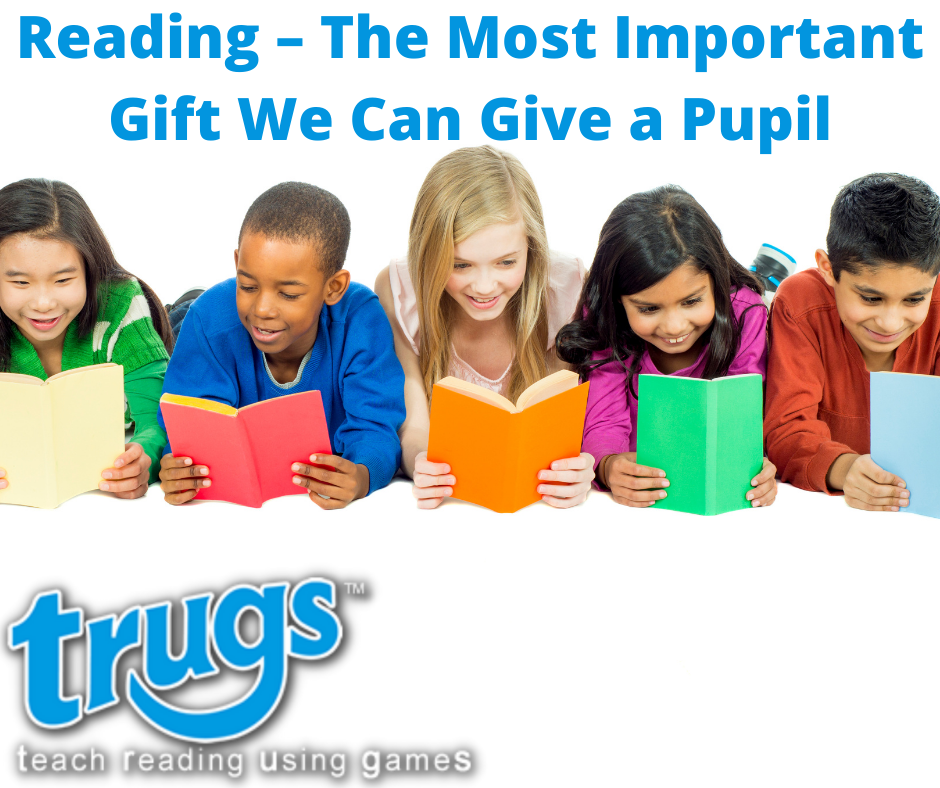Arguably, reading is the gateway to curriculum access and therefore learning. We ask our pupils to be able to read information in every subject that we teach. If they can’t do this in its most functional sense, then learning becomes difficult. Here is a jarring reality check – statistics from a 2019 National Literacy Trust Survey:
- 1 in 11 disadvantaged children in the UK say that they do not have a book of their own.
- Children born into communities with the most serious literacy challenges have lower life expectancies (for example: Stocktown 21.6 years lower than North Oxford).
- 25.8% of children said that they read daily.
We also need to remember that: ‘Reading and writing are acquired skills for which the human brain is not yet fully evolved. Human brains are naturally wired for speech.’ (Liberman, Shankweiler and Liberman 1989). Reading involves several brain functions, including visual and auditory processes, phonemic awareness, fluency, comprehension, and more.
Other challenges that can inhibit reading development could include:
- Tracking from left to right and performing a return sweep;
- Attention skills;
- Having and deploying a range of strategies to decode;
- Over reliance on one decoding approach;
- Insecure concepts about print;
- Lack of fluency;
- Comprehension;
- Lack of confidence;
- Underlying language difficulties;
- Difficulties with phonological awareness and/or phonemic awareness;
- Sequential understanding;
- Lack of enjoyment.
That is why reading is an essential skill which we must target through all lessons in the formal subject based curriculum but also in incidental learning opportunities that provide pleasure.
Written for Read Successfully by Beccie Hawes – Head of Service at Cadmus Inclusive

